Search Results
Search
Filter results
Advanced Filters
Your search returned 143 Solutions
-
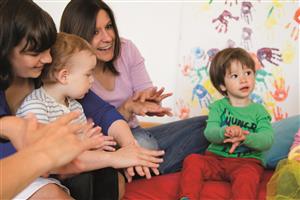
Bilingual Classes Supporting Families to Learn Sign Language Together
Using a team of one person who is deaf and one who can hear, kinderhände offers bilingual classes in German and ÖGS to children aged six months to 14 years and their families. It also has an online platform for families to use at home, and has developed teacher-training modules to support ÖGS use in schools.
kinderhaende e.V., Austria -
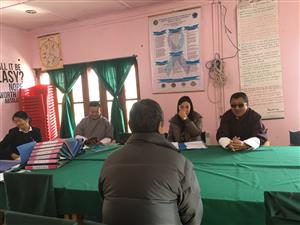
A nationwide strategy to fight mental health issues
Implementation starts with visits by a mental health service team to community leaders, local health care personnel, as well as to traditional healers to discuss existing practices and to gain their cooperation. This is followed by education and training to introduce modern mental health concepts and their advantages.
Government of Bhutan, National Mental Health Programme, Bhutan -
Promoting Inclusive Sports in Schools
Working in close cooperation with the Special Olympics Austria, Inklusion Sport empowers youth and educators to promote social inclusion. Begun in 2004, they offer unified sport events, education and training in the Austrian state of Styria. Each year five physical education (PE) teachers receive training to become official advisers on inclusive sport.
Basic Initiative for Sports and Inclusion, Austria -
Incorporating Universal Design into Home Building
Fundación ONCE has developed a prototype for an intelligent, barrier-free and sustainable house to demonstrate how a variety of needs of disabled people can be met and how Universal Design can be integrated into building. Between 2016 and 2017, more than 70,000 people visited the house on its journey across Spain.
ONCE Foundation, La Casa Accessible, Spain -
Moving children and adults back to their families or community-based homes
"Community for All" partners with the central government and NGOs to transfer children and adults from institutions back to their families or into community-based homes, and offers services such as education, health care, and social care to support them. From 2015 to 2018, some 2000 people benefitted from programme’s community-based services.
Keystone Human Services International - Moldova Association, Community for All Moldova, Moldova -
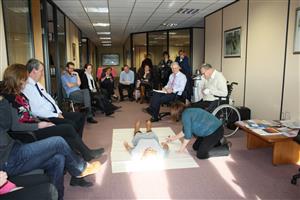
Offering individualised support and sharing lessons learned
Members of the "Next Steps" project provide support to people with intellectual disabilities so that they can live a life of their choosing, especially to move from congregated settings into community-based settings. By 2015, 23 organisations were involved and 242 individuals had participated in the project.
Fedvol - National Federation of Voluntary Bodies, Ireland -
Flanders’ Personal Assistance Budget
The most important feature of Flanders´ Personal Assistance Budgets (PAB) is that the person with disabilities (or their representatives) controls both the assistance and the assistance budget, not the assistance provider. A multi-disciplinary team assesses and decides the budget each user receives, depending on his or her support needs.
VAPH - Flemish Agency for Persons with Disabilities, FLEMISH GOVERNMENT DECREE ON THE PROCEDURES FOR GRANTS (PERSONAL ASSISTANCE BUDGET) TO PERSONS WITH DISABILITIES, Belgium -
Online platform on community-based services
Through an online database the project brings together – and shares information among – existing and new community-based service providers in Serbia for young people with disabilities in three areas: education, employment, and social protection. In 2015 the project’s web portal was visited by up to 1,000 persons per month.
Youth with Disabilities Forum Serbia, Serbia -
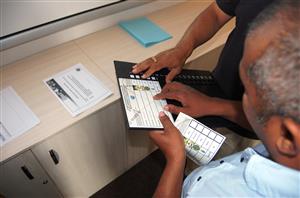
An affordable tool to make ballot papers accessible to the blind
The UBT is a voting aid made of plastic into which a ballot paper is inserted. The right front of the template has a flap that has cut-out windows numbered in braille and in large, raised white print. Each window aligns to a particular candidate or party. The UBT has been continuously used in by-elections since June 2011.
Electoral Commission of South Africa, South Africa -
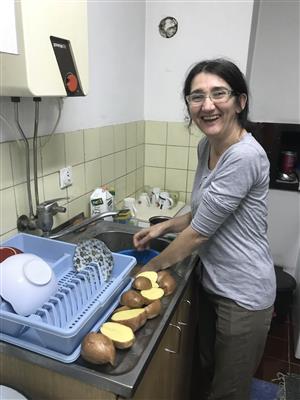
Person centred assistance and accommodation in communal housing
"Supported Living in the Community" places people with intellectual disabilities in shared apartments and supports them individually. Following a pilot between 2005 and 2008, the programme has since grown to a long-term project with 39 adults living in 12 apartments across the city of Novi Sad. Nine of them previously resided in institutions.
School for Elementary and Secondary Education - Milan Petrovic, Serbia